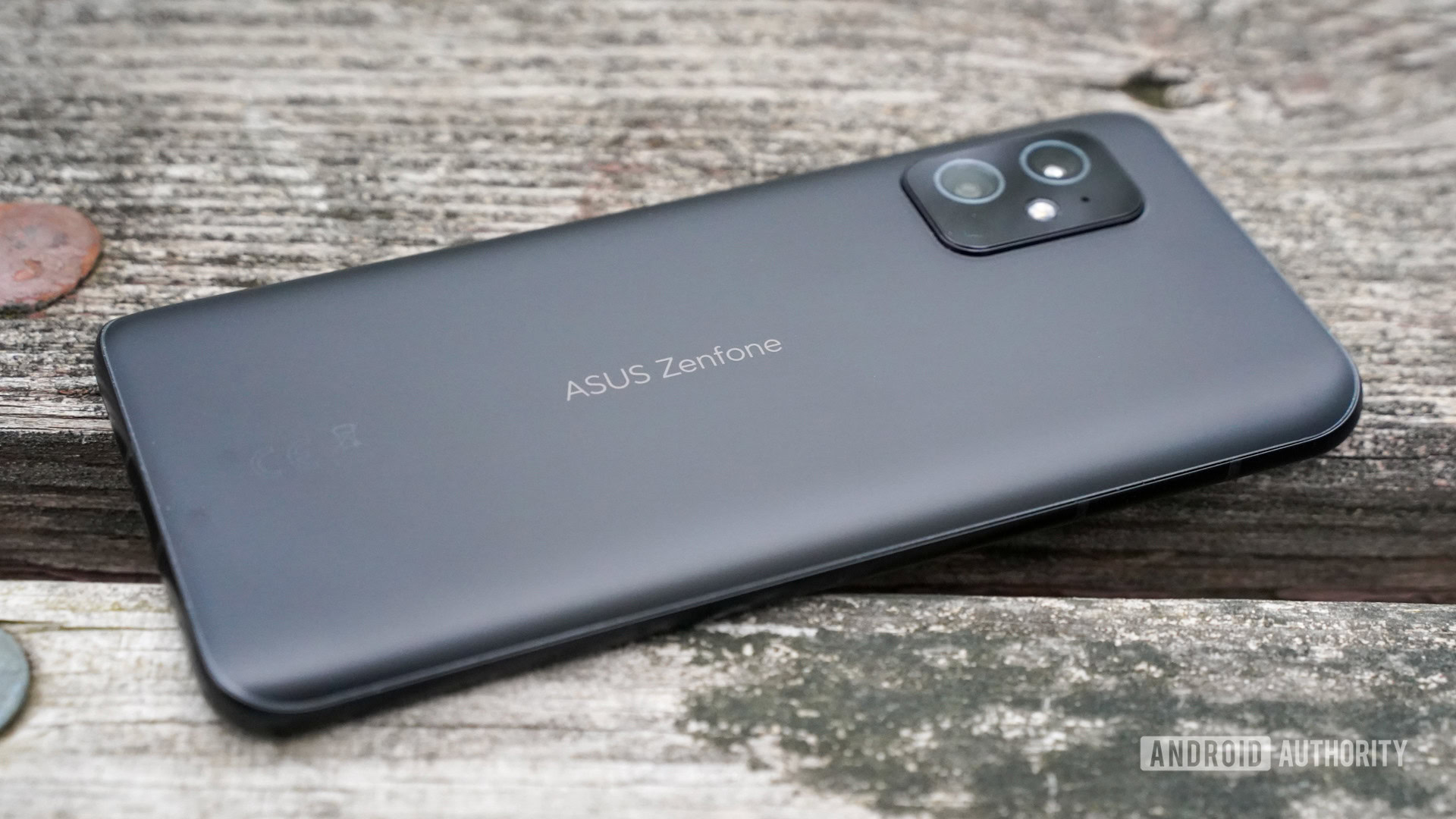Source: Imianis/Shutterstock
Many teenagers have told me they wish they didn't have smartphones. They gave many reasons why smartphones scare them.
- "I check my phone a few times a day to make sure I'm not missing anything with my friends. When nothing happens, I think my friends are drifting away from me.
- "If my friend doesn't answer right away, I'm afraid I've done something wrong. It's worse if I'm a ghost."
- "I worry about being unpopular when I find out my friends are texting and making plans with other friends instead of me. It makes me sad."
- "I get very angry when my friends cut me off."
- "I hate it when my friends send me inappropriate photos and ask me to reply with a photo."
- "Sometimes when I go out with my friends, we use our phones instead of just sitting and talking."
- "He was bullied on the internet."
- "Some of my friends say mean things in text that they wouldn't say to me in real life."
- "Every time my phone tells me I received a text, I want to check it immediately. It distracts me from my homework and then I worry that I didn't do my homework."
- "I often get angry when I play games on my phone, which affects my mood for a long time."
- "I'm having trouble eating because I'm on the phone."
- “When I did something wrong, my parents took my phone away even though it had nothing to do with my phone.
- "I had a hard time looking at porn online. I didn't even look for it when it first came out. I couldn't get those images out of my head.
- "My mom always gets mad at me because I spend so much time on my phone, watching videos and playing games. I forget when I'm playing my games.
- "I wish I could turn off the phone. But I'm afraid I won't be able to connect with my friends anymore."
Social networks and poor mental health
In fact, studies show that many young people and adults are more likely to experience anxiety or depression when using social media (Shensa, 2018; Boers, 2020). In addition to the above reasons, people may worry when they mistakenly think that social media posts are an accurate reflection of their lives, which cannot be compared to their peers.
I encourage my patients not to doubt themselves and their friends when they fear embarrassment on social media and text messages. For example, instead of thinking that a friend is ignoring them on purpose, patients may think that their friend's phone may have been stolen or broken.
I remind them that text-based interactions can lead to misunderstandings because they don't emphasize certain words or non-verbal cues. Finally, I will explain that most people avoid posting events that contradict the personality they are trying to portray, and as a result images on social media are always distorted.
An unknown trap
Recently, I realized that there is simply another problem with smartphones, other electronic devices and social media.
When I teach people to use hypnosis to gain insight, I ask them to "park" their consciousness so that it can express itself in a way that consciousness can understand. This kind of "parking" can be achieved by focusing on breathing or imagining that you are in a quiet place. By giving people time to think, people often find self-counseling very helpful and sometimes enlightening.
I believe even Albert Einstein recognized the importance of quieting the mind when he said, “The solitude and solitude of a quiet life stimulates the creative mind.
When I recently explained this technique, I suggested that "awareness is the opposite of being connected to your smartphone." That's when I realized that smartphones have reduced the amount of time we spend listening to each other.
When we have free time, we often use our minds in unproductive activities such as playing electronic games or social networking. Additionally, we can get a lasting memory from a podcast or YouTube video, which is another barrier to being able to hear ourselves.
The brainstorming process can also be prolonged by the frequent interruptions caused by smartphone interruptions. When we have a new idea, many of us are tempted to post it on social media to gauge people's reactions. If the response is not positive, the idea can be abandoned before it is checked.
take up
In the year By 2022, smartphone use will become essential in everyday life. However, it is clear that its constant use is harmful. That's why I teach my patients to limit their smartphone use to two or three times a day, and to less than half an hour at a time. I encourage them to turn down the volume on their phones or other electronic devices while they create.
Copyright Ran D. Anbar


.png)
Post a Comment
Post a Comment